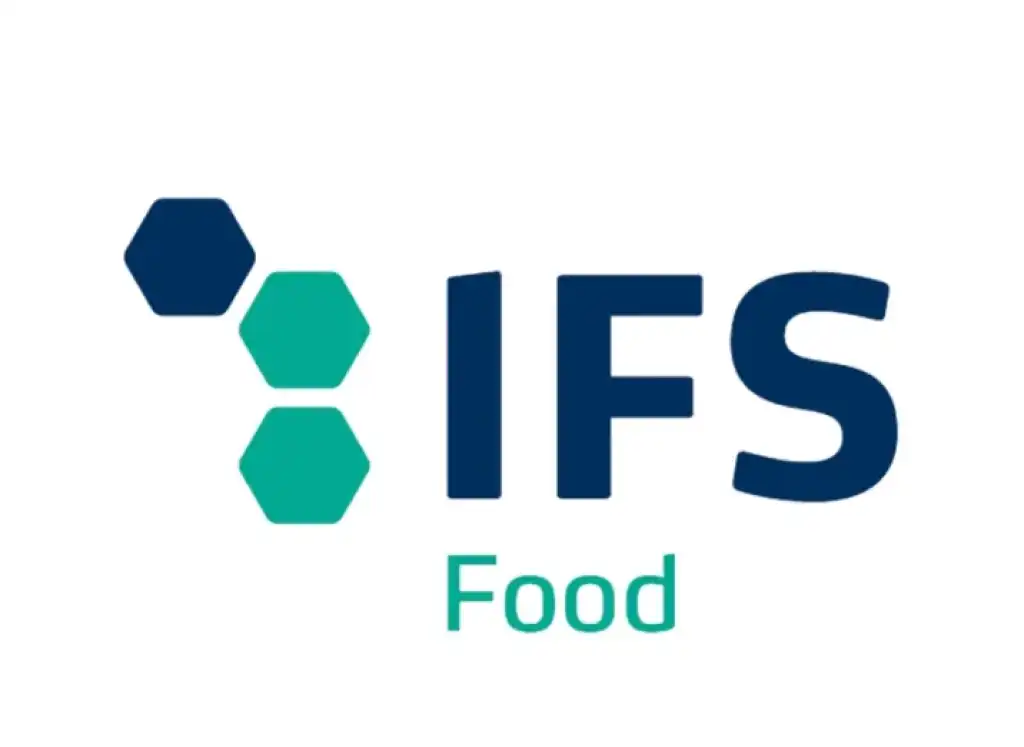Meat sounding, EU: without a “legal definition” it is forbidden… to forbid
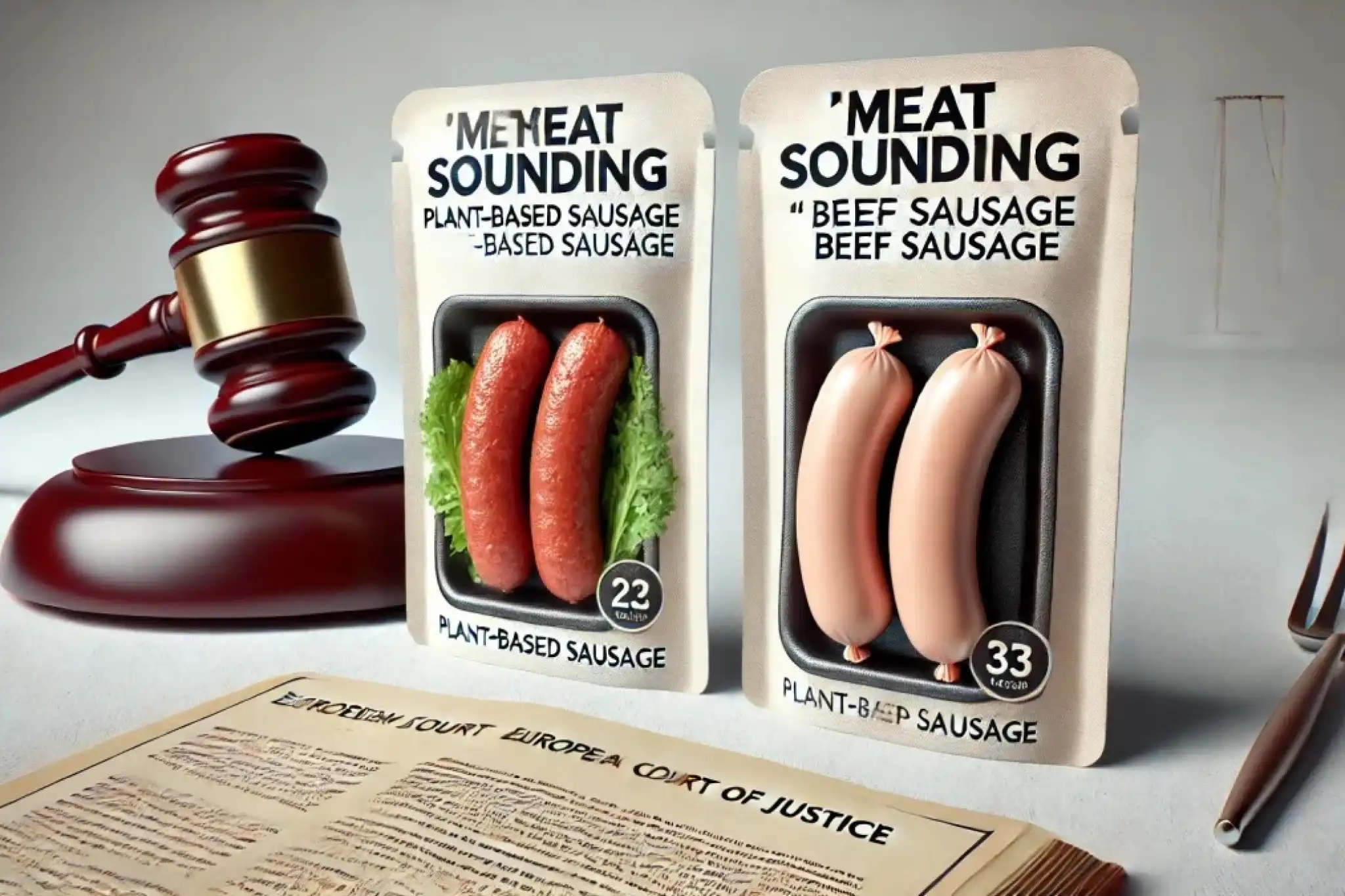
Words that matter: ruling C-438/23
On 4 October 2024, the Court of Justice of the European Union issued its ruling in case C-438/23 (France, food labeling). The judgment states: “Where it has not adopted a legal denomination, a Member State cannot prohibit the use of terms traditionally associated with animal products to designate a product containing plant proteins.”
In plain words: without a binding legal definition, banning is… forbidden.

What passes and what does not
Green light for generic, unregulated names (e.g. “soy burger”, “seitan sausage”, “vegan salami”). Prohibited instead are names protected by specifications or legal denominations (e.g. “Parmigiano Reggiano”, “Culatello di Zibello”) or misleading terms such as “plant meat”.
In short: where the law defines bindingly, it must be respected; where it is silent, the term remains free under general rules.
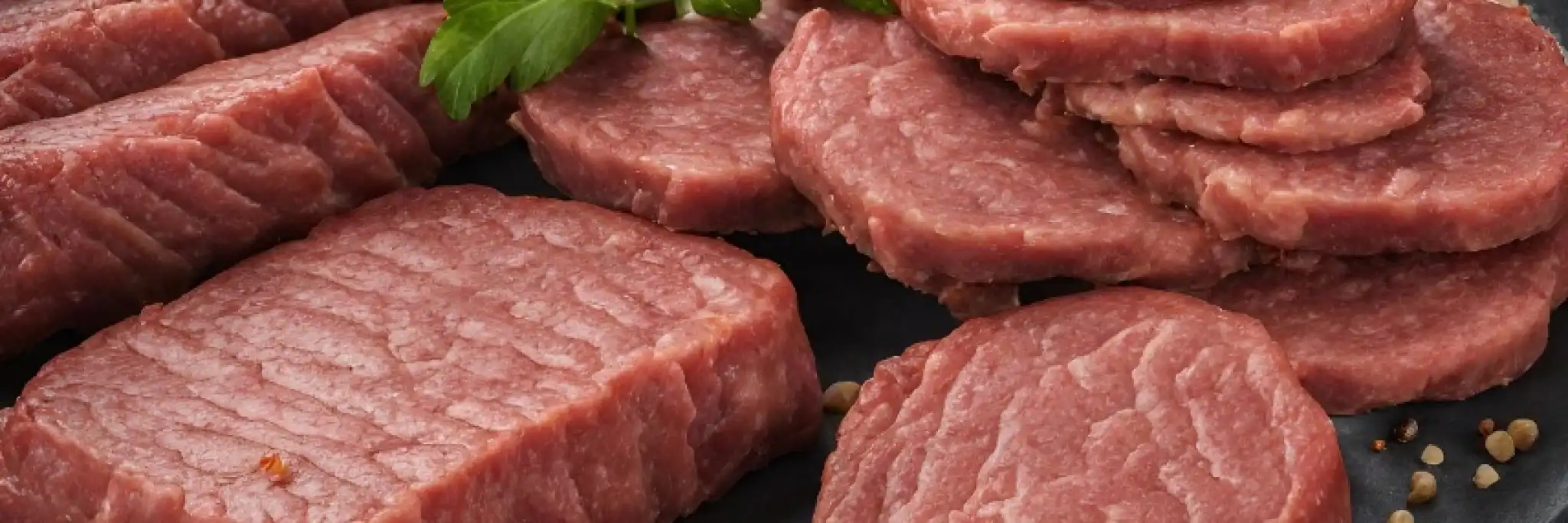
Do consumers understand?
It is reasonable to assume that the average consumer can distinguish between “seitan sausage” and pork sausage, especially since the products are often displayed in different sections. Recent surveys show strong approval for the use of traditional terms for plant-based products: awareness has grown.
Natural languages often work through extensions of meaning (polysemy) and periphrasis: that’s how expressions like “anchovy paste”, “adhesive paste”, “toothpaste” arise — no one confuses them with spaghetti.

When terms are “locked in”
“Meat” is defined, among others, by Regulation (EC) No 853/2004 (Annex I) and Regulation (EU) No 1169/2011 (Part B, §17): skeletal muscles of species suitable for consumption, with limits on fat and connective tissue. Likewise, “milk” and dairy products have legal denominations with only a few exceptions linked to national languages. Here, the freedom to use terms does not apply.
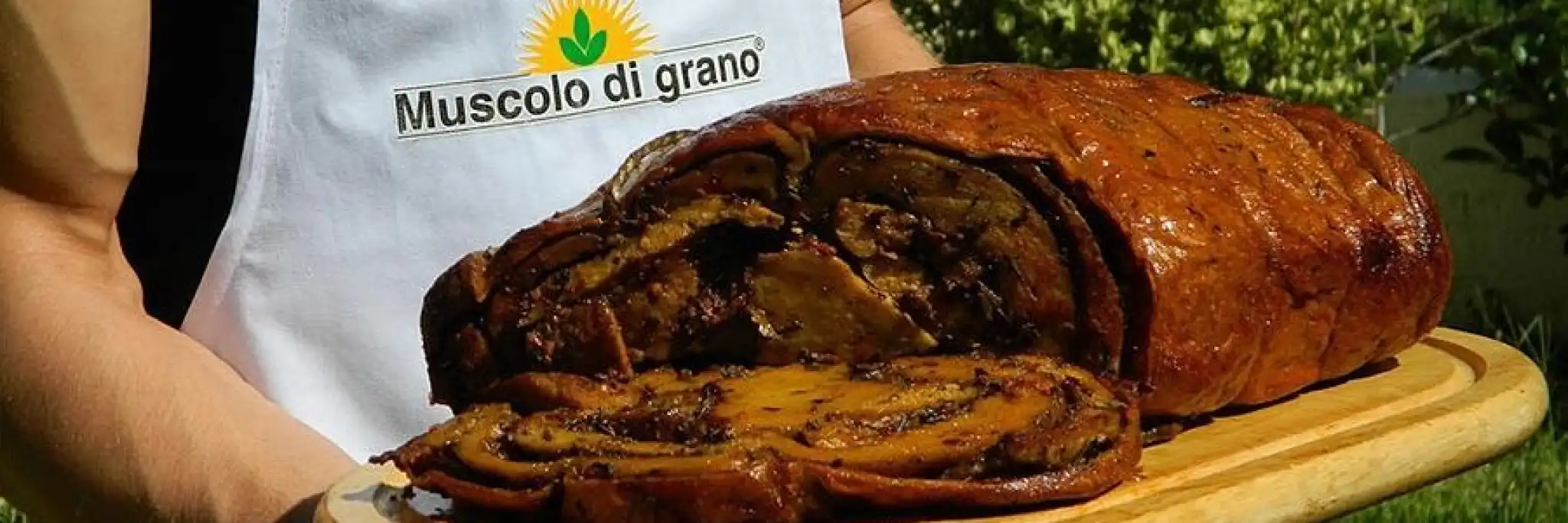
Italy, France, and the aftermath of the ruling
The ruling affects restrictive national laws. In Italy, Law No. 172 of 1 December 2023, art. 3, para. 1, letters (a) and (c), prohibits the use of terms referring to meat products for exclusively plant-based products. After the CJEU decision, the ban remains in practice only where legal denominations exist; references to “usual” or “specific” terms not protected fall away.
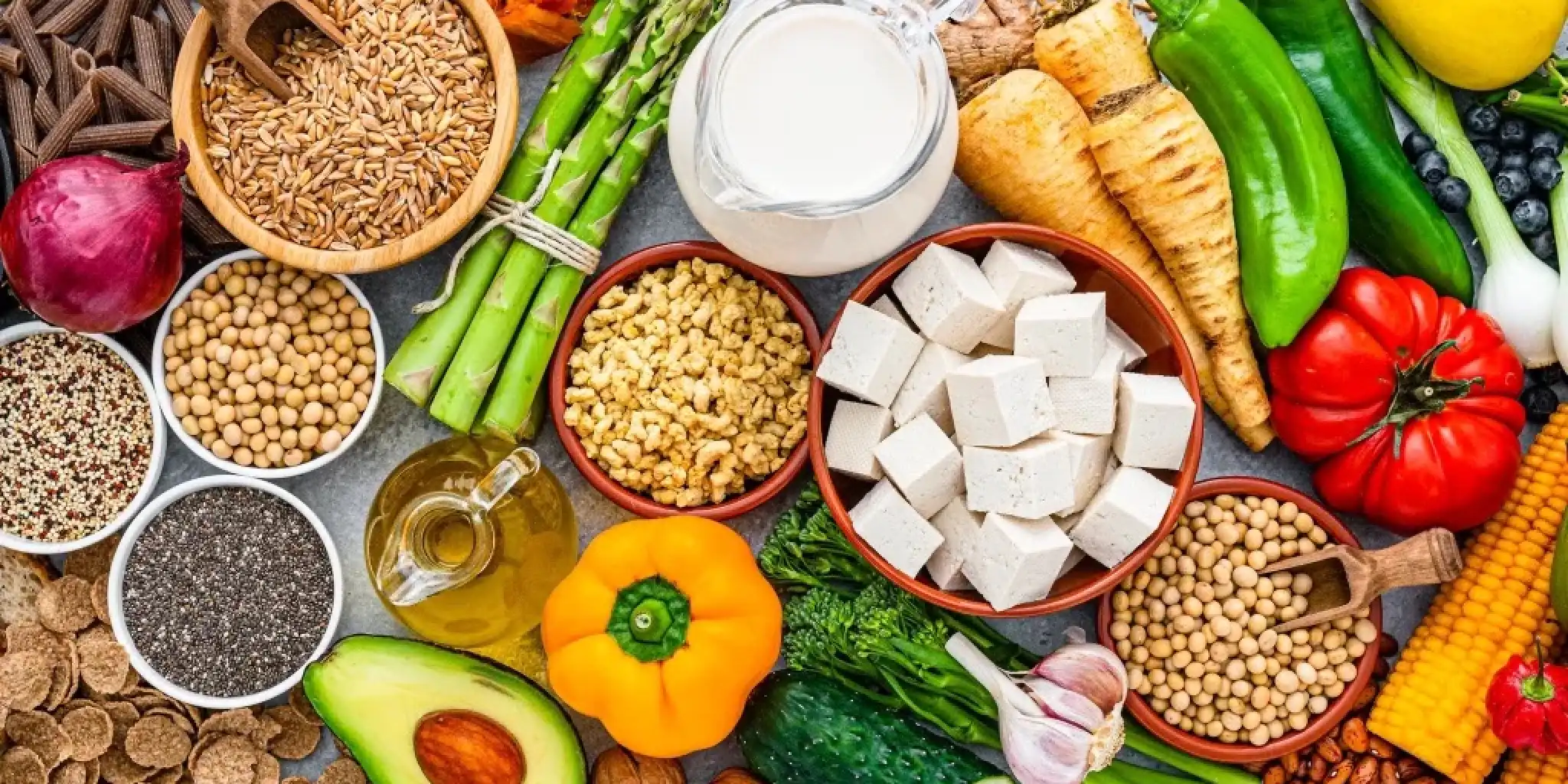
Conclusion: forbidden to forbid (without definition)
The CJEU does not “greenlight” everything: it clarifies the boundaries. If a legal denomination exists, it must be respected. If it does not, banning words like “burger” or “sausage” for plant-based products is an overreach. The open question is whether to trust consumers’ common sense or to regulate every single term across 24 languages and 27 states. Good luck — but don’t invite us to dinner!
